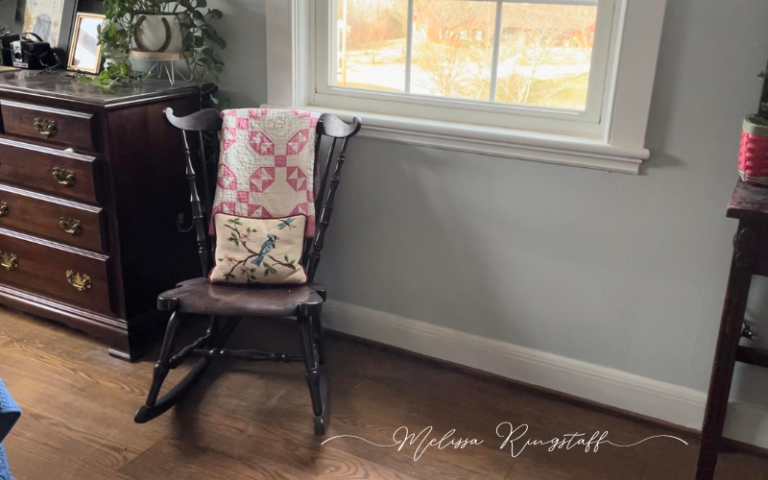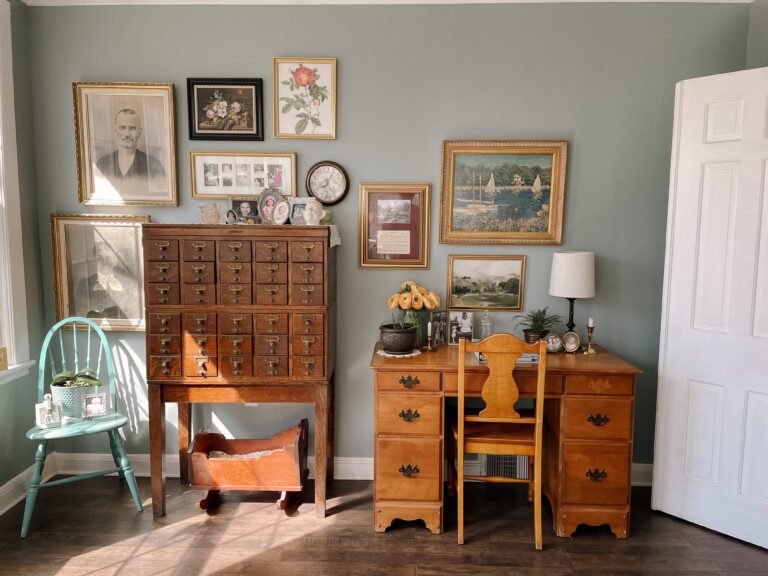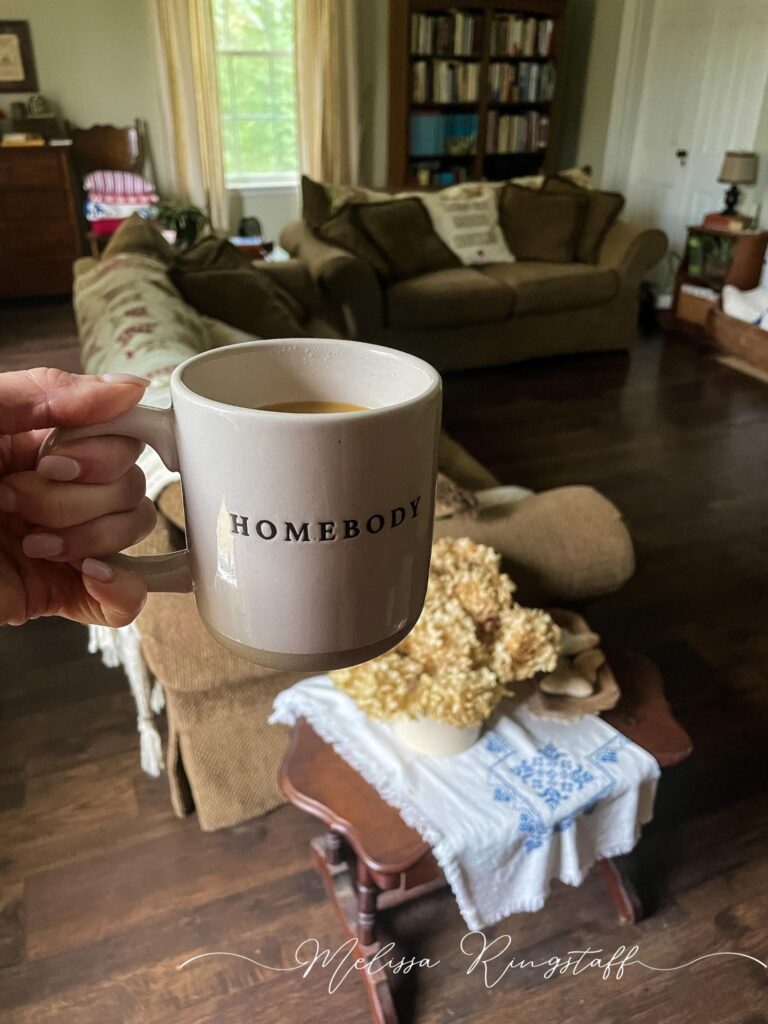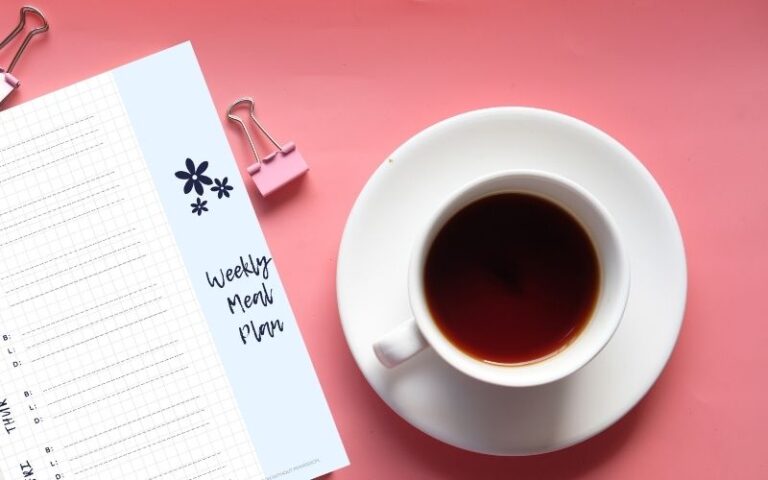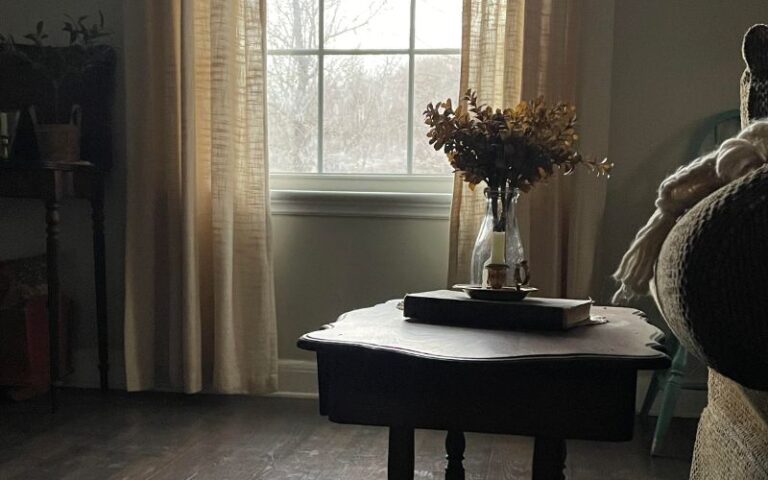Family Home Emergency Preparedness: Where to Begin
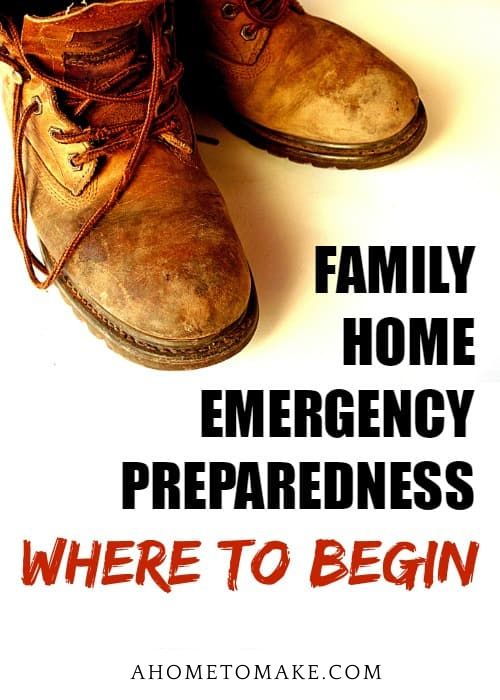
Originally published Setember 2014. Updated March 2023.
Table of Contents
Family Emergency Preparedness
You can read all of the posts in the Family Emergency Preparedness series here.
My husband and I have been having serious discussions lately about what’s going on in the world. He called me this morning as he was driving through Asheville, NC, and said he saw billboards all over with something like {not an exact quote} Are you Prepared? It’s Coming. I think it was a survival company, maybe, advertising. People are nervous.
Between ISIS, Ebola, Russia and the Ukraine, China moving 12,000 troops to Russia’s border, Russia practicing missile strikes on the US, terrorists on the Mexican border, the unstable world economy, Iran and Israel… not to mention this new virus that is hospitalizing children across America… it feels like something is really wrong and I don’t know how you feel about it, but it feels like we are headed for a major climax sooner than later.
Sometimes it almost feels overwhelming.
The good news is that we have a GOD who is mighty to save. Anything we do to prepare for an uncertain future right now is nothing compared to the things HE can do. He is ultimately the source of life and Who we rely on for protection.
“For the LORD your God is living among you. He is a mighty savior. He will take delight in you with gladness. With his love, he will calm all your fears. He will rejoice over you with joyful songs.” Zephaniah 3:17 NLT
Doesn’t that bring you hope?
Getting Started with Emergency Preparedness
I received this comment this morning on my recent post, Are You Prepared, and felt like I should answer her question here:
THANK YOU for these articles!! I so needed to read them and begin applying them. Yes, I am way behind. I am keeping up with what’s going on but I am a huge procrastinator. So now, I am making myself anxious with all that we need to do and haven’t already. Can you point me where to start first? I am huge on directions and list. I’m just overwhelmed at where to start. Grab and Go, ER Closet, Stocking up, etc…..Where to begin to prepare? Help!
Christie, I totally understand how you are feeling. I’ve been slowly preparing our home for years, but still feel like there’s so much I have not done and that we really aren’t all that prepared for a true emergency or major disaster.
Faith in God
Remember that the most important thing to do, before anything else is to prepare your family for eternal life so that no matter what trials, crises, or emergencies we face, we know WHO to trust. Last night I was listening to an interview with a Christian Sudanese woman who was placed in jail with her toddler where she gave birth with chains around her ankles just days after she was sentenced to death because of her Christian faith.
She said, “the situation was difficult but I was sure God would stand by my side.” That kind of faith comes from having a true relationship with Christ.
Look at Your Budget
The first order of business would be to look at your budget. If you are serious about making home emergency preparedness a priority, what money can you put toward getting your home ready? Are there luxuries you can cut out? Could you eat more beans and rice this month? I mean, seriously consider what you spend your money on.
So many of us are financially strapped. I know, because I’m right there with you. Our budget just keeps shrinking. But, if you get creative, you may find you have a little extra cash to spend on preparations.
Look Around Your House
It may be you have more around your house than you realize. And even if you don’t have enough of one item for each person in your house to have one, it’s a start. Gather your supplies together and put them in the Emergency Preparedness Closet {or storage area}.
Also, not everything you need in the event of a disaster or crisis needs to be kept in your Emergency Preparedness Closet – only those things you may want to get to easily or Grab and Go in the event of an emergency.
Take Inventory
Here are some common household items:
Water. So, maybe you can’t afford to go and buy enough water for your family to last a few weeks all at once. Can you save empty plastic orange juice bottles and spaghetti sauce jars, and fill them up with water? You would need to treat the water with bleach, a water filter, or boil it before drinking or washing.
We fill used jugs at a spring that comes right out the side of the mountain for free. In our area, there are several places that have freshwater springs with very pure water. When we know we’ll be driving by, we take our empty jugs with us and stop to fill up.
Also, at the first sign of trouble – whether it’s weather related, a power outage, a terrorist attack, or an economic disaster, fill your bathtubs and sinks with water to use for washing. In the event of a real disaster, ration the water for sponge baths and use treated water for washing your dishes.
Buckets. If you don’t have rain barrels – we’ve purchased inexpensive barrels from a used container store in Corbin, KY – buckets can be used for collecting rainwater. You can funnel a tarp or sheet of plastic into the bucket to collect even more. If you get a good rain, and the power is out and the water is out, you could funnel water into a bucket and use the bucket to fill your bathtub.
Tarps. My husband always keeps tarps on hand. We use tarps for covering things outside, when we’re camping, etc. There are just so many ways to use them.
Lighting. Most homes have at least one flashlight. Keep a fresh supply of batteries with your flashlight. Do you have matches, lighters, and candles? Put them in a practical location where you can easily get them if the electricity suddenly goes out and keep some in the room you would go to during a bad storm. Make a mental note of where you keep your supplies.
Old Rags. Maybe you use old rags and towels for dusting or maybe you are used to throwing them out. Keep a basket or container full of old rags or other fabric that you could use creatively if you were pressed for resources. Old, clean rags can be used in place of toilet paper, feminine napkins, cleaning, and more.
Backpacks or Duffle Bags. I purchased new backpacks for us for our 72-Hour Grab and Go Kits, but I have been saving my money for a few months to do this. You may have some used backpacks, totes, or duffle bags that would work for this purpose until if and when you are able to purchase new ones.
Cash. If you don’t have cash in your house, in a safe place, go get some.
Documentation and Identification. Every adult should know where they keep their important documents like birth certificates, social security cards, passports, marriage license, etc. These papers should be kept in a fireproof lock box or safe. Copies can be kept in a binder in your Home Emergency Preparedness Closet.
Pocket Knife. Every man I know owns at least one pocket knife. Ask your husband if he has some spare pocket knives you could put in your Grab and Go Kit.
Utensils. So, I suggested putting Hobo Tool in your 72-Hour Grab and Go Kits. But you don’t have to use a Hobo Tool. You could use plastic forks, spoons, and knives you have laying around the house, but they might not last long. If you have extra utensils in your drawer those will work too or you can try looking at Goodwill for some cheap used flatware.
Rope or Twine. I suggested having paracord on hand because it’s strong. You can put that on your wishlist and add whatever rope or twine that you have to your emergency supplies.
Card Games. We always have extra card games stuffed in drawers. We pick them up a few times a year because we play a lot of games and wear out the cards.
Rain Ponchos. If you don’t own emergency rain ponchos, how about large black garbage bags?
Fingernail and Toenail Clippers. Maybe you have an extra set lying around you can put with your emergency supplies.
Small Scissors. Most homes have more than one pair of scissors in drawers.
Clothes Pins. Grab a few from your pin bag and put them in your 72-Hour Grab and Go Kit.
Winter Gloves and Hats. Put last year’s hats and gloves in your Grab and Go Bag.
Change of Clothes. Try putting older clothes that are sturdy into your Grab and Go Bags. Having extra socks that are in good condition is very important if you are on foot.
Toiletries and Medications. Lip balm or chapstick, an old comb, a sample of toothpaste you got from the dentist, etc. Just look around and see what you have to spare. Reuse old medicine bottles for some ibuprofen, allergy medicine, etc. Also, if you take perscription medication, be sure to add a few days worth to your Grab and Go Bag and label it well with instructions.
Food. Storing up food for your whole family for several months will take time. Start by putting together enough food in your Emergency Supply Closet or your 72 Hour Grab and Go Kits to last 3 – 7 days. I’ll talk more about food storage later this week.
Sewing Kit. Lots of women have basic sewing supplies at home. Gather some of these supplies together to store in you Home Emergency Preparedness Closet or your Grab and Go Bags.
What other items do you have around your house that you could use in the event of an emergency?
Get Organized
Or at least clean up.
- Keep on top of the laundry so you aren’t faced with a mountain of dirty clothes {and no clean underwear} when the power goes out.
- Try to keep the dirty dishes to a minimum. Believe me, if you ever have an issue with water you won’t want to be scrubbing dried on oatmeal off pots and bowls in your rationed water.
- Know where your supplies are located so if you are faced with an emergency you don’t have to waste precious minutes digging through closets and drawers looking for the batteries.
- Keep your cell phones charged as much as possible. You can’t make emergency calls if your phone is dead.
- Keep your gas tank full. If you car is half empty, consider it empty. Get into the habit of filling it up before you head home.
Being organized could save your life.
Make a Plan
1. Once you’ve taken inventory and gathered your supplies, go ahead and make a plan. Make a list of the things you feel are important to purchase or to do. Then, take that list and decide how to prioritize everything.
2. Food and water are important. Set small goals. For instance, begin by setting aside 1 week worth of food then 1 month, then 3 months. I’ll share more about how to do this later in this series.
3. Make a plan to get your home organized if you have not already. Being organized will free your mind, save you time, and could save your life.
4. Begin having family worship each day and spending personal time in prayer. Get your heart right with God and teach by example. After all, what does it matter if we gain the whole world, but lose our own soul?
5. Practice and go over family plans with your children and loved ones for what to do in the event of an emergency. What should they do if you are separated when a disaster strikes? What do children do if the house were to catch on fire? Practice getting out of the house, etc.
6. Educate yourself. Check books out from the library on topics that can help you and your family if there is a major crisis. Read blogs.
7. Teach your family not to waste. Save money by not wasting food, reusing things your home, or even re-purposing items instead of buying new. Live by the motto: “Use it up, wear it out; make it do or do without.” Use the money you save to make smart purchases.
